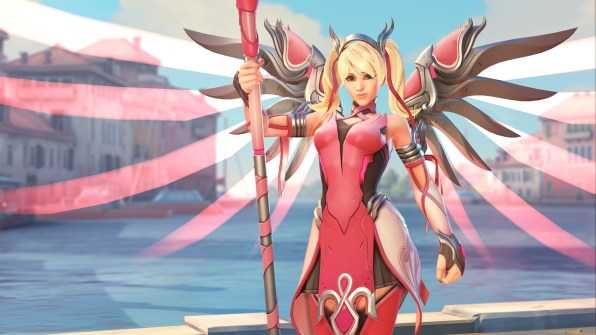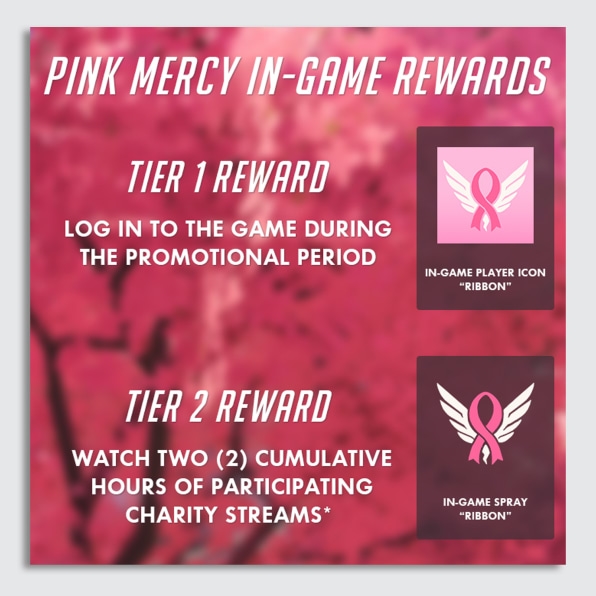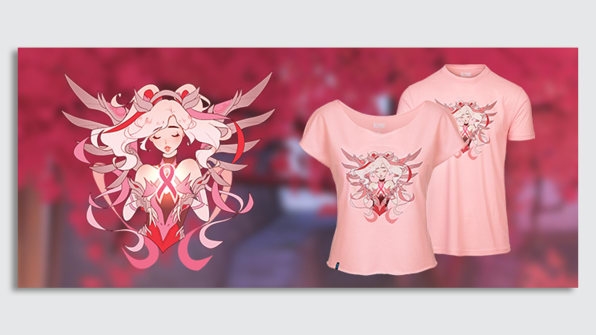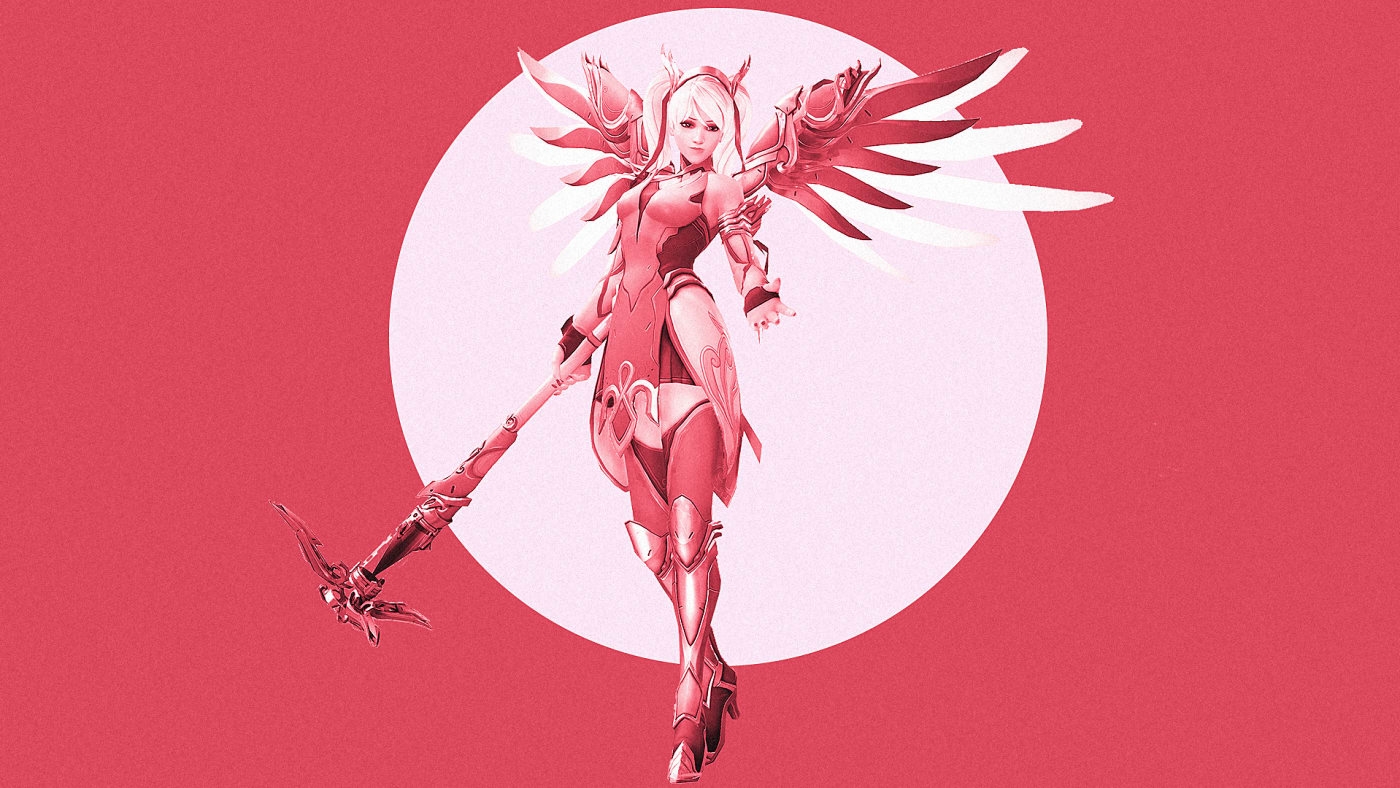Gamers are becoming a powerful source of philanthropic donations
The Activision Blizzard video game Overwatch is a wildly popular multiplayer video game that features teams of players facing off against each other in battle. Earlier this summer, the company launched an inventive real-life way for players and fans to combine forces and make some world change of their own, by raising $12.7 million for the Breast Cancer Research Foundation.
The fundraising drive worked three ways. Activision Blizzard sold a limited edition “skin” or in-game pink outfit for its character named Mercy, an angelic looking female scientist across its PC, PlayStation4 and Xbox One platforms. It also hawked charity T-shirts with the Pink Mercy design, and ran an online gaming event with 14 star players on the live-stream gaming network Twitch, who agreed to donate any network-based tips or “bits” received during their sessions to the event. (That watching was incentivized, too, as the viewers who logged a certain amount of time could unlock more Overwatch-related prizes on their accounts.)

Activision Blizzard’s donation represents BCRF’s largest-ever gift from a corporate partner. For perspective, the nonprofit group was founded by Evelyn Lauder, the late chairman emeritus at Estee Lauder Companies, in 1993 and is primarily a research organization. It currently awards nearly $60 million annually to support research toward finding a cure for breast cancer. “This support of BCRF will help accelerate research advances impacting breast cancer patients worldwide,” writes group president and CEO Myra Biblowit in an email to Fast Company.

But gaming for good is a trend that’s been gaining ever more influence within the philanthropic sector. Brittany Tompkins, Global Philanthropy Manager for Blizzard Entertainment notes in an email that the company has done similar efforts for groups like the American Red Cross, and Children’s Hospital of Orange County. In February, in-games sales of a pet named Mischief and related plush toy for another Blizzard game, World of Warcraft, raised $2.5 million for the Make-A-Wish Foundation.
Activision Blizzard also sells in-game swag that directly supports some of its own charitable efforts. In December 2017, it offered an in-game Call of Duty Endowment consisting of a specialized helmet and in-game emblem for its same-named militaristic war game. All of the proceeds went to The Call Of Duty Endowment, which supports job placement efforts for veterans.

At the same time, there are plenty of other gamers generating their own philanthropic power-ups. Since 2009, The Zeldathon Team, which holds game-playing marathons inspired by the classic Nintendo game Legend of Zelda, raised nearly $2 million for many different cause groups including Direct Relief, a disaster aid organization. Viewers contribute by watching the experts play online and pledging toward the accomplishment of various feats. The American Cancer Society also has Relay For Second Life inside that online virtual world, complete with in-game corporate sponsors.
For Overwatch specifically, such promotions are likely to continue gaining popularity as the game’s audience grows: Activision Blizzard just announced a deal with ESPN to televise its esports league games.
(41)



